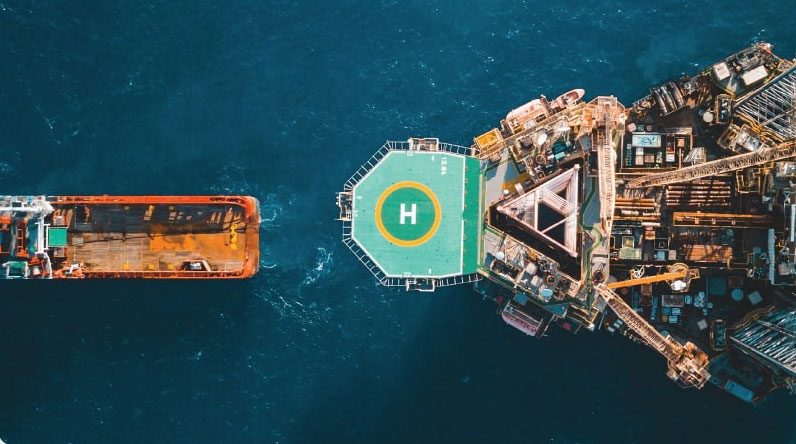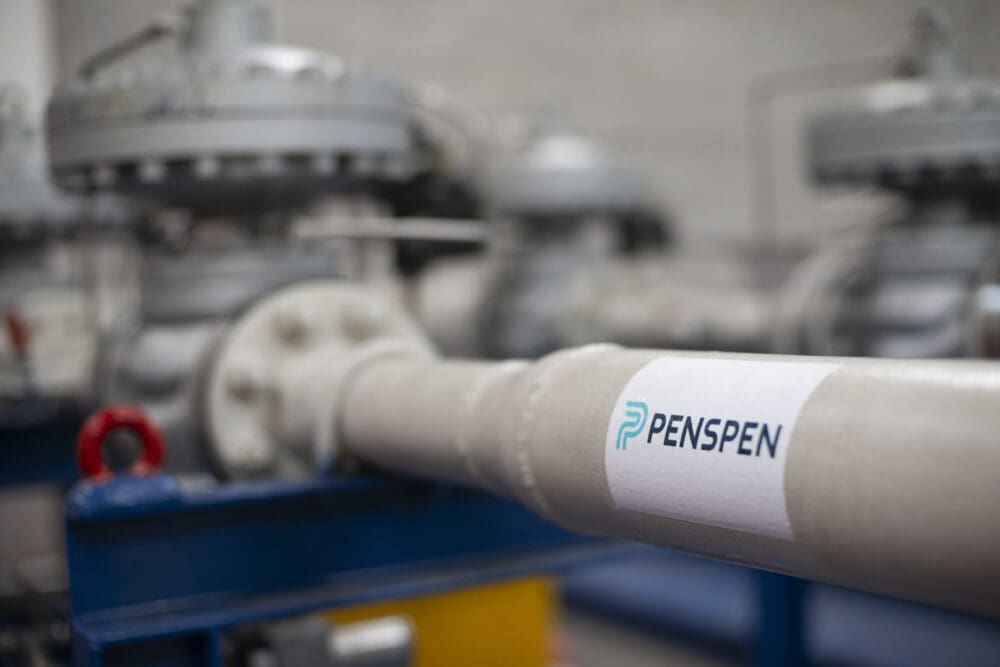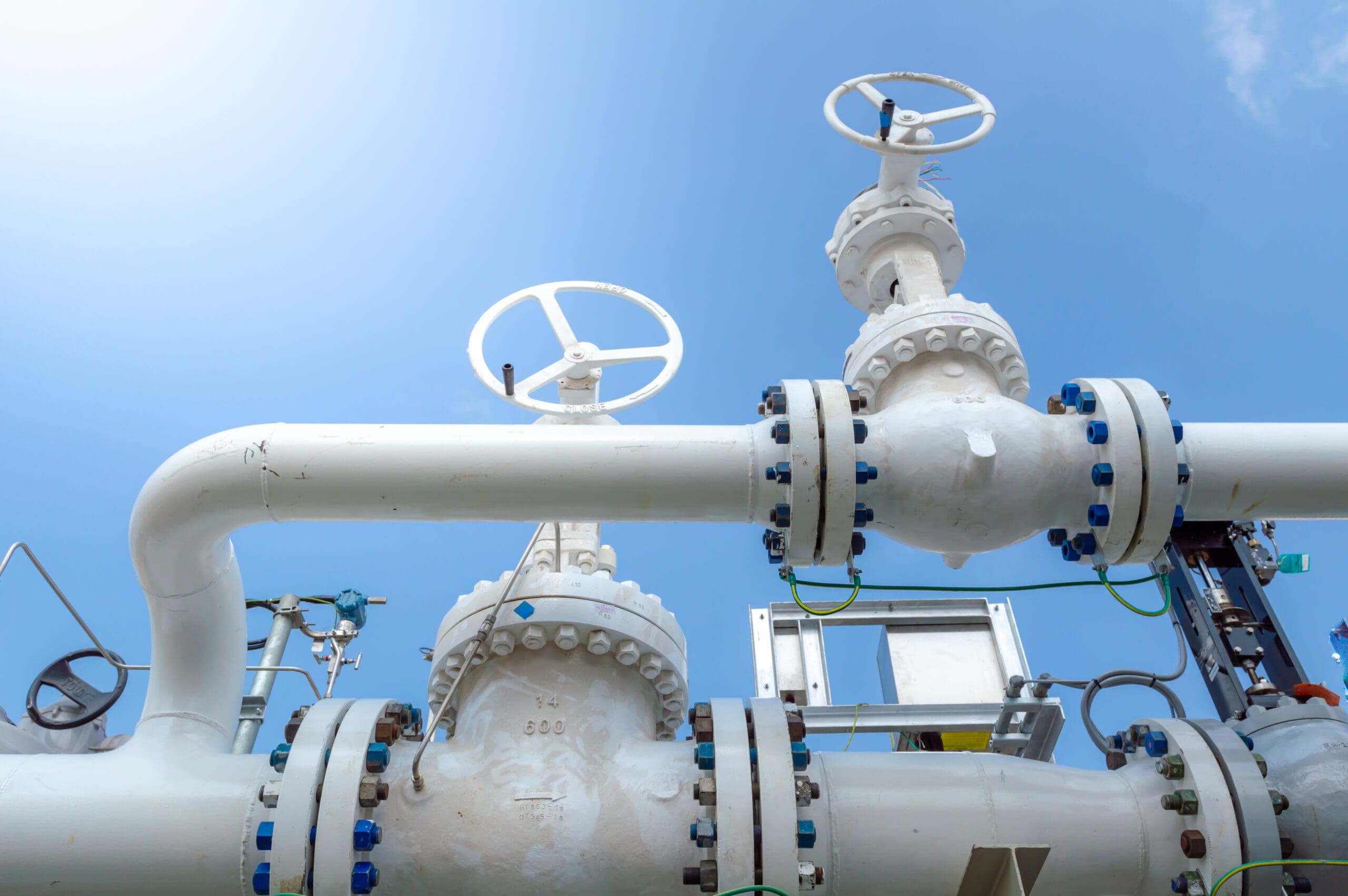Prediction of the Risk of Circumferential Stress Corrosion Cracking by Analysis of Digital Twins

Abstract
Stress corrosion cracking is a well-recognised threat which can affect the risk of pipeline failure for susceptible pipelines, pipeline failures due to SCC are not unknown within industry. In general SCC risk factors are reasonably well understood, however predicting specific locations with high susceptibility to circumferential stress corrosion cracking (CSCC) remains difficult.
In an ideal scenario all pipelines would have appropriate coatings, cathodic protection and additional risk reduction measures. For new pipelines this is feasible. However, many pipelines in use today were installed in an era where SCC risk factors were not fully understood. It would not be economically feasible for example, to re-coat all pipelines. This results in a requirement for robust integrity management processes to target local inspection and remediation.
While the average prices of oil and gas remain low the pressure to reduce cost of additional measures will remain high. One of the ways in which the pipeline industry can maintain a safe transportation system with a finite level of resource, is to implement intelligent risk-based integrity and inspection strategies.
As part of the digital strategy for integrity work undertaken by Penspen, the authors have applied advanced analytical techniques to develop digital twins of pipelines which are known to be at risk of CSCC to assist the development of a CSCC risk model.
By utilising modern computing capabilities combined with custom analysis coding, the authors have developed a methodology to predict and categorise the relative risk ranking posed by CSCC at an ultra-high resolution. In most cases resolution is substantially better than girth-weld basis.
Whole pipeline networks can be rapidly risk categorised in ultra-high resolution by applying the risk model to subsequent digital twins. Ultimately this can help to recommend specific locations for further detailed inspection which assists the operator in the optimisation of limited resources.
Insights & News
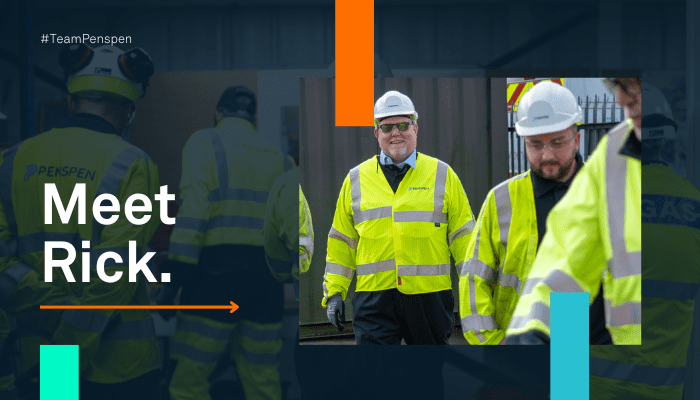
Training Tomorrow’s Talent: Our People – Rick
In this Our People feature, Rick tells us about the journey from apprentice to leading Penspen’s training team, as well as how a three-month sabbatical travelling the world gave him a new-found...
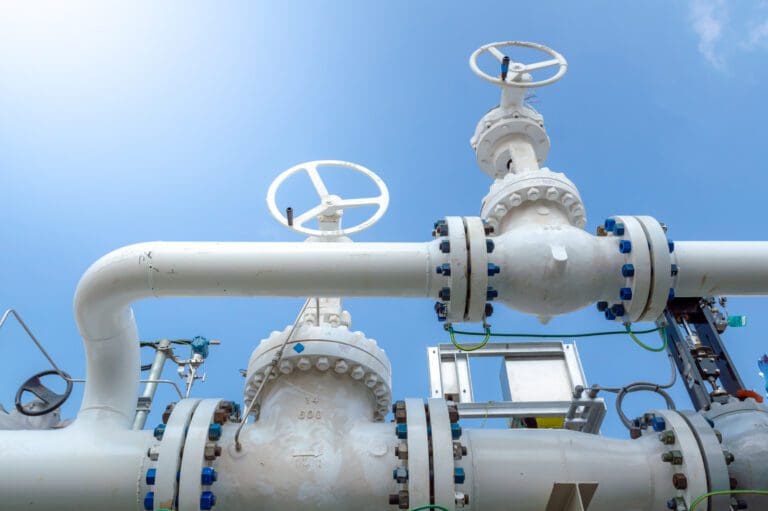
Repurposing: Pass or Fail?
In the August issue of World Pipelines, Penspen’s Integrity Engineers Luke Fahy and Ben Cowell and Executive Vice President of Technical Excellence Nigel Curson delve into one of the most pressing...

Storage: The Linchpin for a Future-Proof, Integrated Energy Ecosystem in the UAE
In the 29th issue of Dar Magazine, Nigel Curson, EVP of Technical Excellence, and Bilal Hassan, Principal Energy Transition Consultant at Penspen, discuss how hydrogen storage can unlock the full...

“My disability does not define my capacity.” Our People – Valeria
For several years, Penspen has been a proud supporter of Youth Building the Future, a program established by the Government of Mexico’s Ministry of Labor and Social Security to offer young people...

Penspen Strengthens Leadership Team with new Director of Sales & Marketing for Europe
Penspen, a leading global engineering consultancy, has welcomed a new Director of Sales & Marketing in Europe. Jan Tucker brings extensive strategic expertise built from senior roles across the...

Hydrogen UK Launch Driving Demand Report at Penspen Headquarters
Penspen hosted Hydrogen UK’s Member Briefing at the company’s 150 Holborn headquarters in London this week as the industry body launched their latest report – Driving Demand. The...
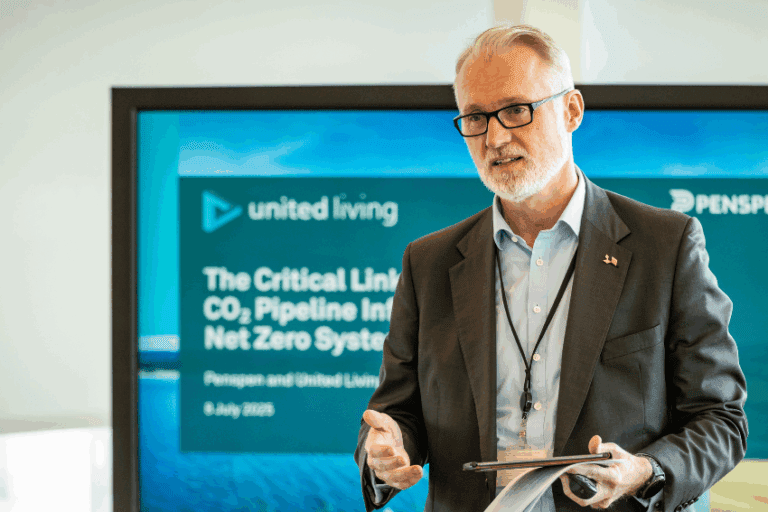
Penspen and United Living Seminar Delves into CO₂ Pipeline Infrastructure for Net Zero Systems
As a leading energy consultancy, we recognise the importance of Penspen’s engagement with industry to share our knowledge and experience from landmark energy transition projects, supporting our...


